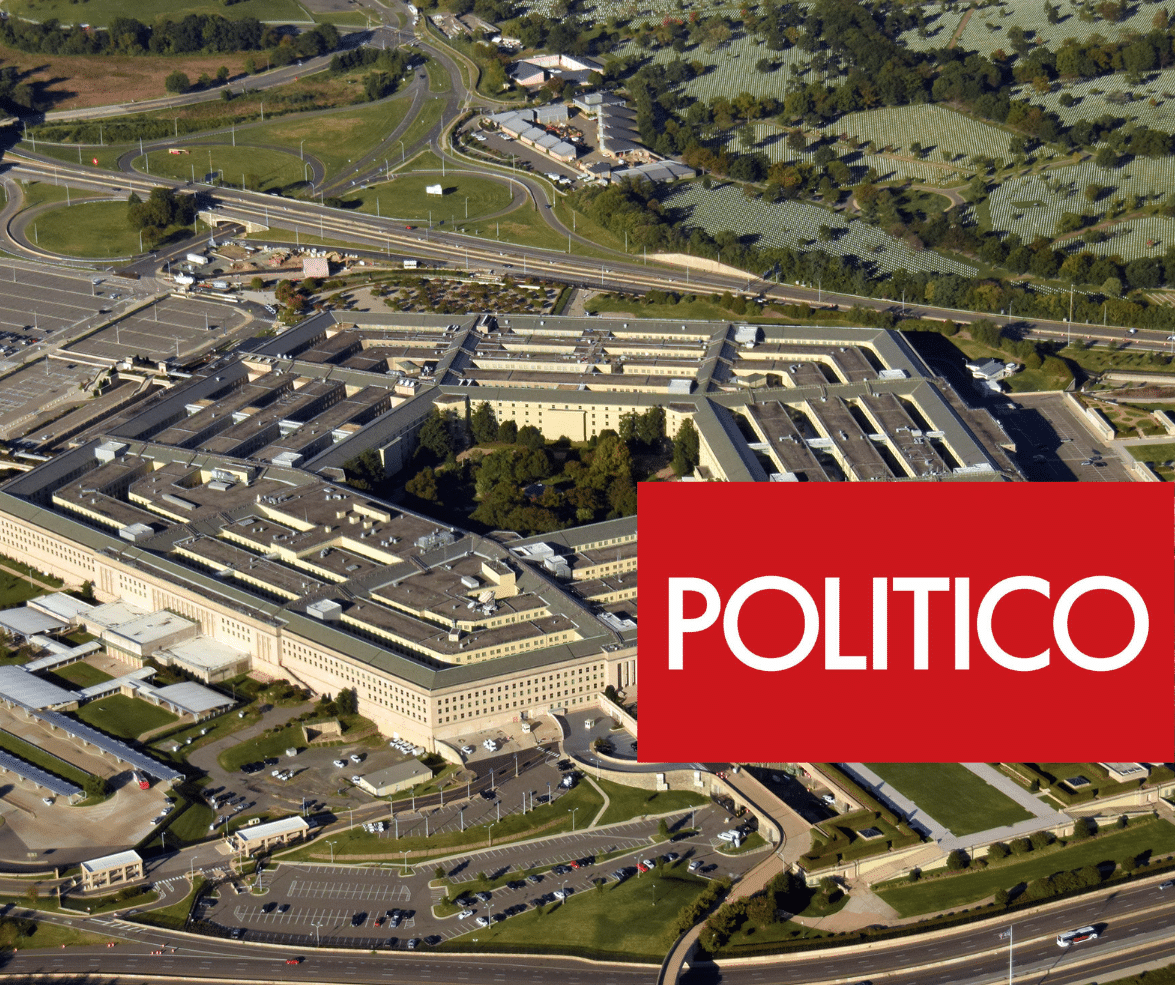Just before leaving for a two-week recess, the House passed a bill aimed at permanently solving a long-standing budget challenge. A failed effort to rein in rising Medicare costs from nearly two decades ago led Congress to repeatedly enact one or two year “patches” preventing scheduled payment cuts for Medicare providers. The new legislation gets rid of that pesky inconvenience, but it’s hard to see this as a fiscally responsible solution to a long-vexing problem. Instead it’s the most recent instance of Washington being incapable of making tough decisions.
To rein in taxpayer costs for physicians’ services under Medicare, lawmakers created a Sustainable Growth Rate (SGR) formula as part of the Balanced Budget Act of 1997. While fairly complicated, SGR essentially annually recalculates reimbursement rates to keep pace with inflation. This was fine for the first few years as payments went up annually. But as medical costs greatly exceeded general inflation the SGR fell short in 2002 resulting in a scheduled 4.8% cut. Congress stepped in and replaced this with a 1.6% increase, paid for with cuts in other programs. Now after 17 different acts that ignored the SGR to freeze or increase rates, here we are in 2015 and the SGR calls for a 21% reduction in reimbursement rates.
So Washington has decided to throw in the towel. Speaker John Boehner (R-OH) and Minority Leader Nancy Pelosi (D-CA) crafted H.R. 2, “The Medicare Access and CHIP Reauthorization Act” to permanently “fix” the SGR by scrapping it. Instead physicians would receive 0.5% annual increases for five years until a new formula, designed to reward quality of care over volume, takes over. In addition dozens of expiring Medicare provisions are extended or made permanent. And while the bill includes increased premiums on high-earners, lower rates for hospital inpatient services, and other changes calculated to generate $70 billion in new revenue, all told, the Congressional Budget Office calculates the bill adds $141 billion to the deficit.
Supporters claim this is a best case scenario and actually saves money. They claim the SGR would never be followed, so while scrapping it has a cost on paper, there’s no real-world impact. Those cuts were never going to happen. Resetting the baseline to what Congress last enacted, then making the 262 pages of tweaks will actually save $900 million.
We’ve been down this road before.
Congress likes to ignore real-world effects when reality is inconvenient. Remember tax extenders? These narrow tax breaks are routinely “temporarily” extended for one or two years. When we point out that the budget scores for these extensions mask the true cost because they are effectively permanent, we’re met with hand wringing about how those are the budgetary rules. So why don’t the budgetary rules matter now?
The bill also has a “Wimpy” problem. Popeye’s bud always promised to pay next Tuesday for a hamburger today. Well, H.R. 2 immediately increases spending, by more than $25 billion in just the next two years, but none of the handful of steps projected to generate savings start until 2017 or 2018 and must run through 2025 for full effect. You don’t have to look past the checkered history of farm bills to see the danger in this strategy. It’s easy to promise savings. It’s much harder to actually make the tough decisions to produce it. See the Super Committee for a refresher.
Finally taxpayers can’t afford to reward inaction. The failure of the SGR isn’t a surprise. Congress has had nearly two decades to come up with a responsible solution, yet they’ve delayed and delayed. Perpetually putting off the tough decisions doesn’t make them easier and in fact often makes addressing the issues more difficult and much costlier. But throwing up your hands and declaring a reset isn’t responsible. For a Congress that needs to find a fix to our bankrupt Highway Trust Fund, stop a shortfall in the Social Security Disability fund, and reform a distorted tax code, taxpayers must hope this is a first step toward at least no longer ignoring big budgetary issues.
H.R. 2 might be better than nothing. And maybe, though we hope not, it’s the best this Congress can do. But taxpayers need Congress to take a sober look at our finances and be honest about the costs of the government they promise and deliver. Ignoring budgetary rules when they’re inconvenient, increasing spending with promises of future savings, and delaying action on thorny issues until it’s seemingly financially or politically impossible to make responsible solutions? That’s a formula that’s unsustainable.











Get Social